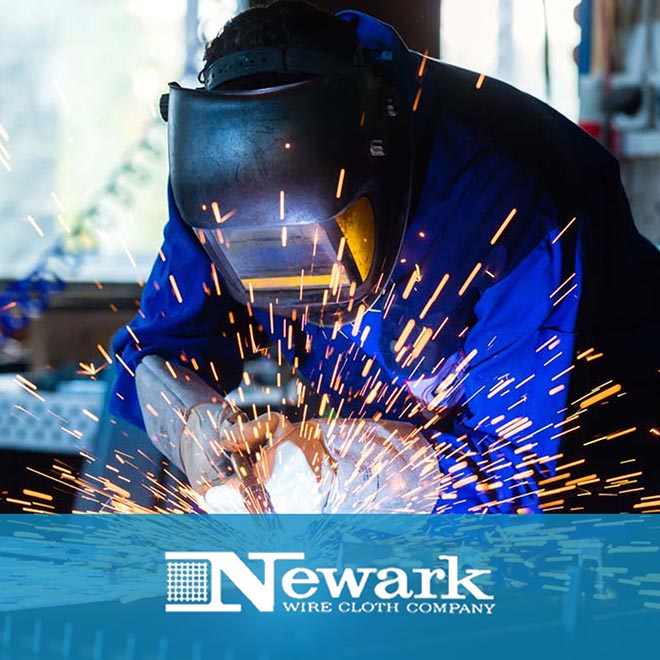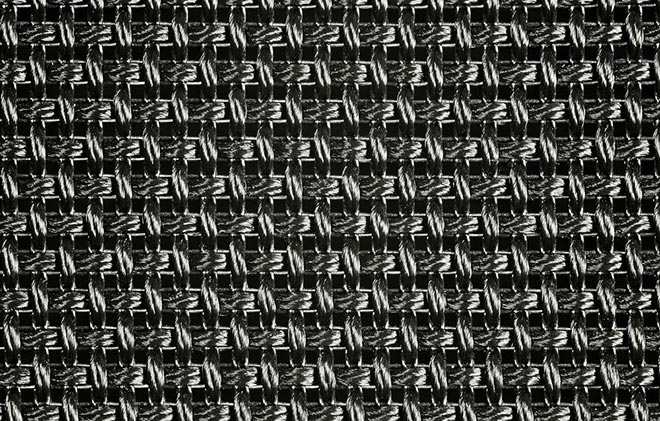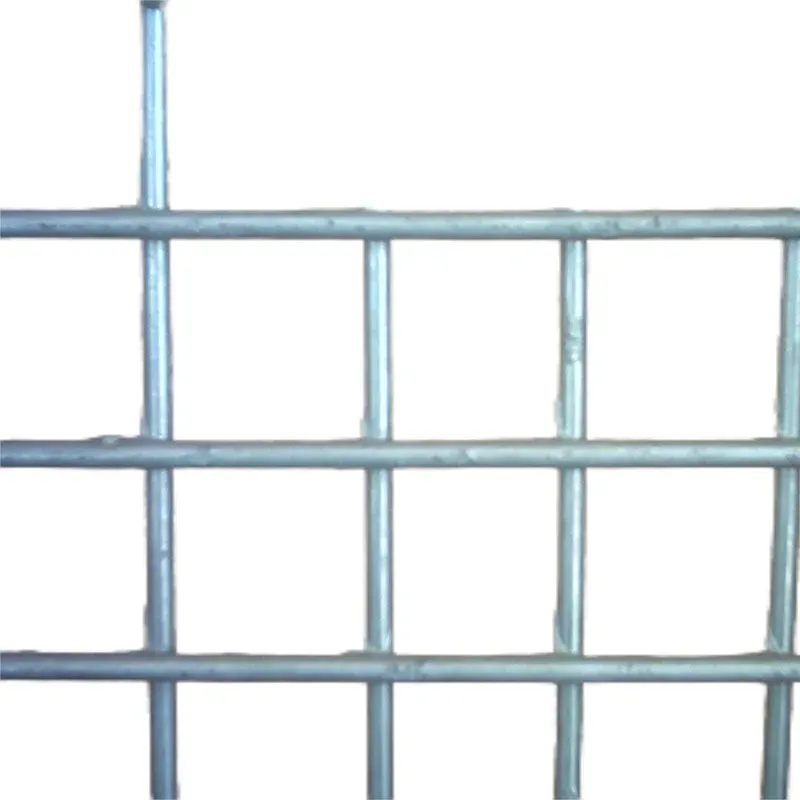Aug . 13, 2024 11:24 Back to list
Comparing Woven Wire Mesh or Wire Welded Mesh
Comparing Woven Wire Mesh or Wire Welded Mesh

Woven vs. welded wire mesh: which one is better? That answer to this question determines, of course, on what you need to use it for. Each type of quality metal cloth material boasts its own strengths, and they largely stem from the way each kind is crafted. Let’s take an in-depth look at the characteristics woven and welded wire cloth have to offer.
Woven Wire Mesh: Pros and Cons
From its practical beginnings in medieval Europe to the 18th century, the advantages of woven wire cloth are certainly plentiful. Today’s wire cloth is woven with various kinds of metals including stainless steel, brass, copper and aluminum alloys, and even high heat resistant metals like molybdenum and tungsten. Woven wire cloth is often more affordable than welded cloth because it takes less labor to produce. A handful of key areas are welded together to hold the woven metal cloth in place. As a result, the woven material is more flexible to work with. Several types of woven wire cloth mesh are available on the market. For example, wire cloth can be woven in twill weave, plain weave, pre-crimp weave, filter cloth weave and more.
Due to its more flexible nature, woven wire cloth is particularly useful for irregular contours, but smaller items such as ultrasonic parts may fall out of the container or through the steel mesh holes. Woven metal mesh also has a tendency to not be quite as strong as durable welded metal for protective purposes.
Welded Mesh Sheet
Welded Wire Cloth Mesh: Pros and Cons
In contrast to a woven wire, welded wire cloth is permanently welded at all or most intersecting joints. This welding process makes the material more rigid and allows it to hold a more uniform shape. This is particularly helpful in industrial applications where the wire welded mesh fits into mechanical parts with set measurements. Welded wire metal is more efficient at holding lids in place compared to its woven counterpart. Welded wire cloth contains heavy duty loads and withstands greater force without breaking or tearing, making it the ideal choice for protective or barrier applications. It is designed with a greater durability against the rigors of daily cleaning, and can also be galvanized for further strength and corrosion resistance to high moisture and salt environments.
That said, welded wire cloth is a very useful option for its strength, but it also tends to be the costlier material because more time and labor is involved.

Woven v.s Welded Wire Mesh? The Choice is Yours
As you can see, both welded and woven wire metal share in their own strengths and weaknesses. Keep these factors in mind when selecting the type of wire ensured to match closest to your needs and custom specifications:
Woven wire metal:
- Is flexible and simple to use for irregular fittings
- Takes less time to produce
- Can be made in many kinds of metal alloys with variable sizes and thickness
- Is more affordable than welded wire
Welded wire metal, on the other hand:
- Is stronger than woven wire
- Easily holds its shape for more specific measurements
- Contains heavier and smaller items better than woven metal
- Can be galvanized to provide further corrosion resistance
-
Weather Resistance Properties of Quality Roofing Nails
NewsAug.01,2025
-
How Galvanised Iron Mesh Resists Corrosion in Harsh Environments
NewsAug.01,2025
-
Creative Landscaping Uses for PVC Coated Wire Mesh Panels
NewsAug.01,2025
-
Common Wire Nail Dimensions and Their Specific Applications
NewsAug.01,2025
-
Choosing the Right Welded Wire Sheets for Agricultural Fencing
NewsAug.01,2025
-
Anti - Climbing Features of Razor Wire Barriers
NewsAug.01,2025










